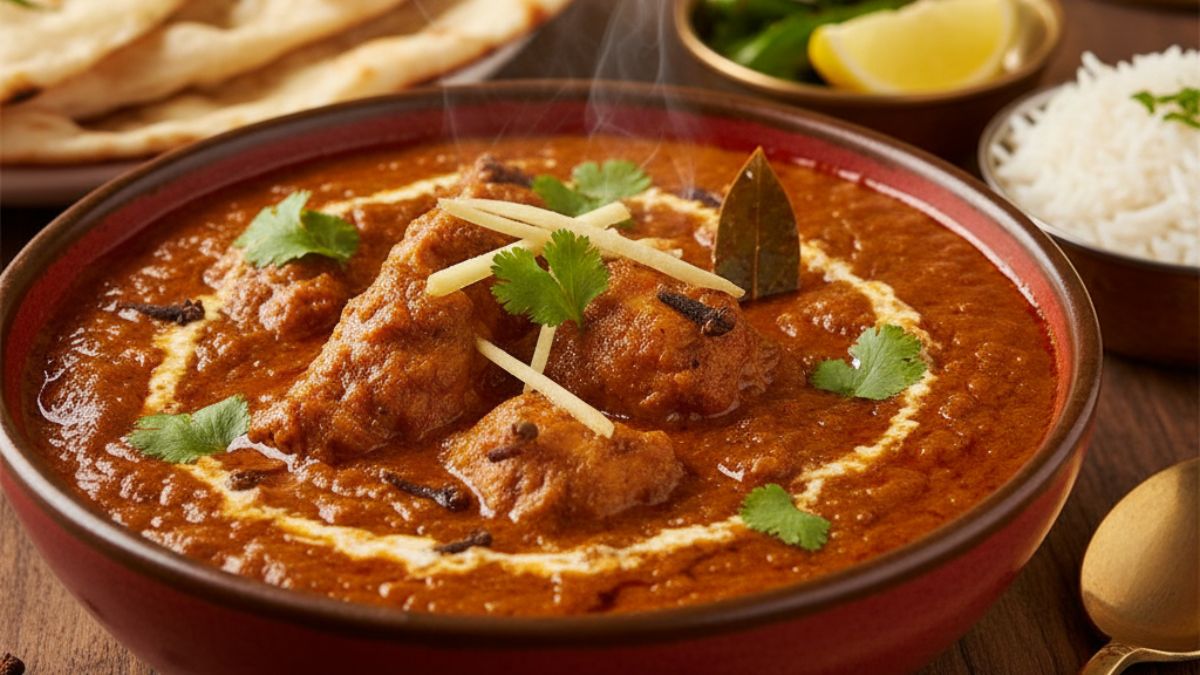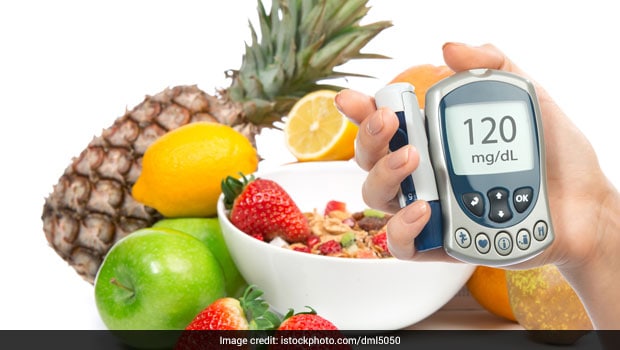Your diet plays an important role in managing diabetes. In fact, your diet and lifestyle are important aspects of diabetes management and treatment. One reason is that the food you eat on a day to day basis has a direct impact on your blood sugar levels. For instance, high carb foods raise your blood sugar levels. The digestive system breaks down the digestible ones into sugar, which enters the blood. But then again, not all carbohydrates are bad. Complex carbohydrates like whole grains take longer to digest while simple carbs like white flour and refined sugar may cause sudden spikes in your blood sugar levels. Diabetics tend to have high blood sugar levels due to the inefficiency of insulin, a hormone secreted by the pancreas, to control them. Here are six foods that can help in controlling your blood sugar levels naturally.
1. Barley
A study done by Lund University in Sweden states that eating a special mixture of dietary fibres found in barley can help reduce your appetite as well as high blood sugar levels. "Whole grains like oats, brown rice or millets like jowar and ragi contain both soluble and insoluble fibre that helps with sugar control," shares Consultant Nutritionist Dr. Rupali Datta.
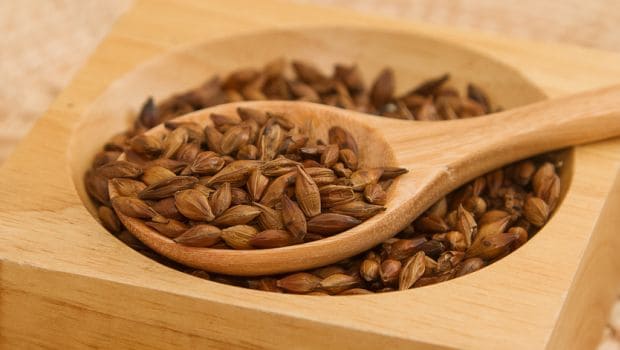
The dietary fibers in whole grains can help control blood sugar. Photo Credit: Istock
2. Bananas
Accordingly to a study done by the University College Dublin in Ireland, resistant starch found in foods such as bananas, potatoes, grains and legumes, may benefit your health by aiding blood sugar control, supporting gut health and enhancing satiety. This is a form of starch that is not digested in the small intestine and is, therefore, considered a type of dietary fiber.
(Also read: Have You Been Eating Bananas With Milk?)
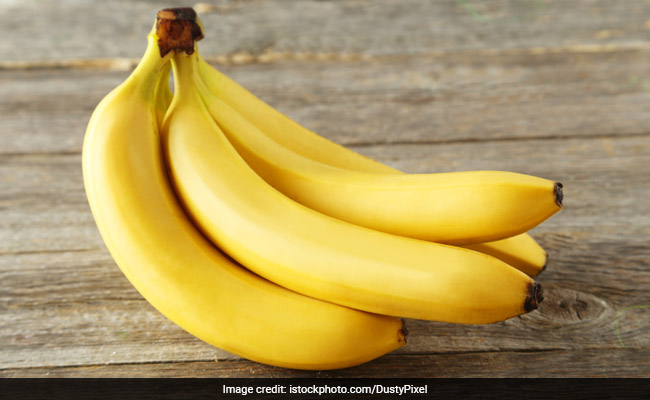
Bananas contain resistant starch. Photo Credit: Istock
3. Nuts
Nuts contain unsaturated fats, proteins and a range of vitamins and minerals that lower cholesterol, inflammation and insulin resistance. According to a study published in the journal BMJ Open, you should include at least 50 grams of almonds, cashews, chestnuts, walnuts or pistachios in your daily diet to control high levels of blood fats (triglycerides) and sugars.
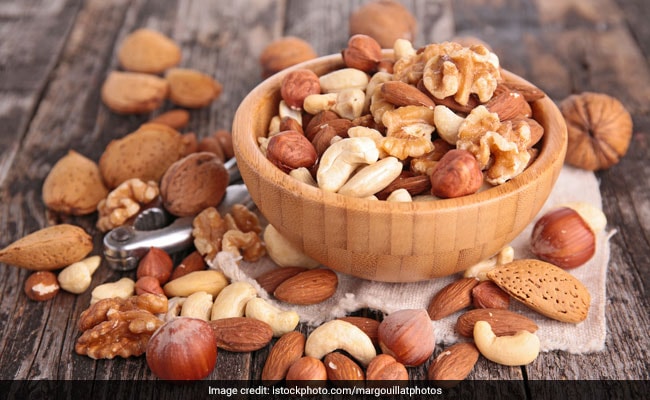
Nuts lower cholesterol, inflammation and insulin resistance.
4. Bitter gourd (Karela)
Bitter gourd contains an insulin-like compound called Polypeptide-p or p-insulin which has been shown to control diabetes naturally. A report issued in the Journal of Chemistry & Biology gives evidence that consumption of bitter gourd tends to increase the uptake of glucose and improves glycemic control.
5. Fenugreek seeds
In his book, "Home Doctor: Natural Healing with Herbs, Condiments and Spices", Dr. P.S Phadke recommends taking a teaspoon of fenugreek seeds, turmeric powder and amla powder in equal quantities with warm water thrice a day to control high blood sugar levels. Dr. Rupali Datta adds, "You could consume one to two teaspoons of fenugreek seeds soaked in water every morning but those who are on insulin therapy should consult their doctor before doing so."
(Also read: How to Use Fenugreek Seeds According to Ayurveda)
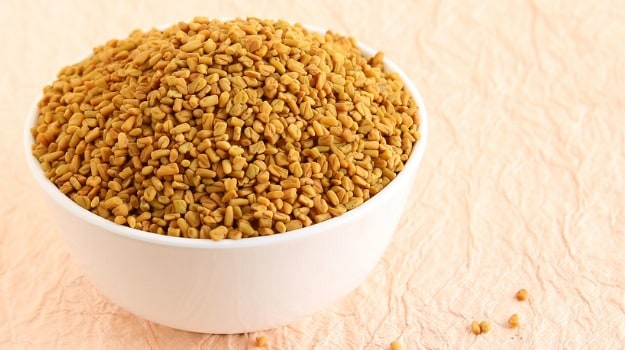
Consume fenugreek seeds soaked in water every morning. Photo Credit: Istock
6. Protein rich foods
According to Dr. Rupali Datta, "Proteins from eggs, meat fish and chicken or from vegetarian sources like dals, paneer or besan help control blood sugar levels. Whole dals like rajma, Kabuli chana, sabut moong, and masoor are recommended at least once daily. Studies have proven that proteins have a neutral effect on blood glucose levels."
7. Amla
Amla is the fruit of the Indian gooseberry tree and is a traditional remedy to control high blood sugar levels. It also contains a type of mineral called chromium which regulates carbohydrate metabolism and helps in making your body more responsive to insulin.
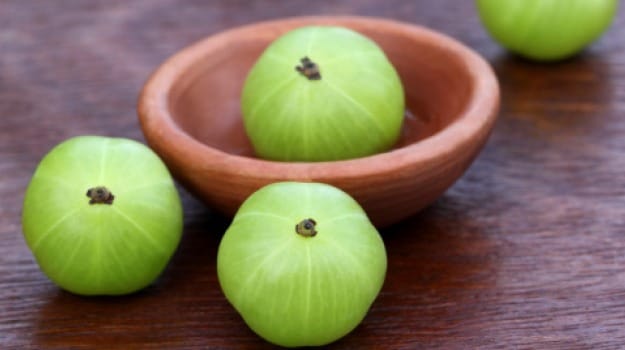
Amla is a traditional remedy for high blood sugar. Photo Credit: Istock
Apart from these foods, it is important to indulge in some kind of exercise daily as physical activity is known to increase insulin sensitivity. This simply means that exercising regularly helps your body to use up the available sugar in your blood stream.




